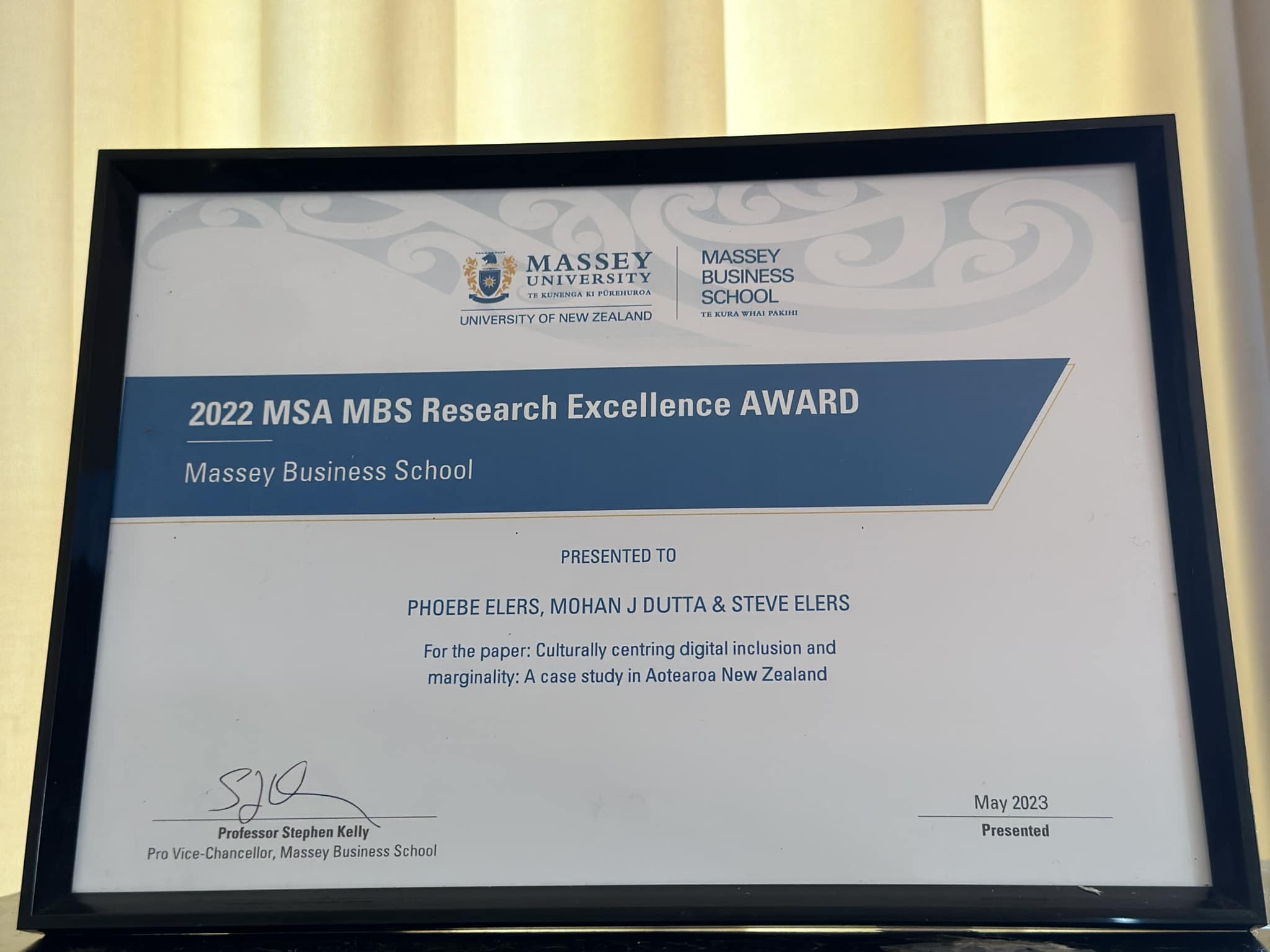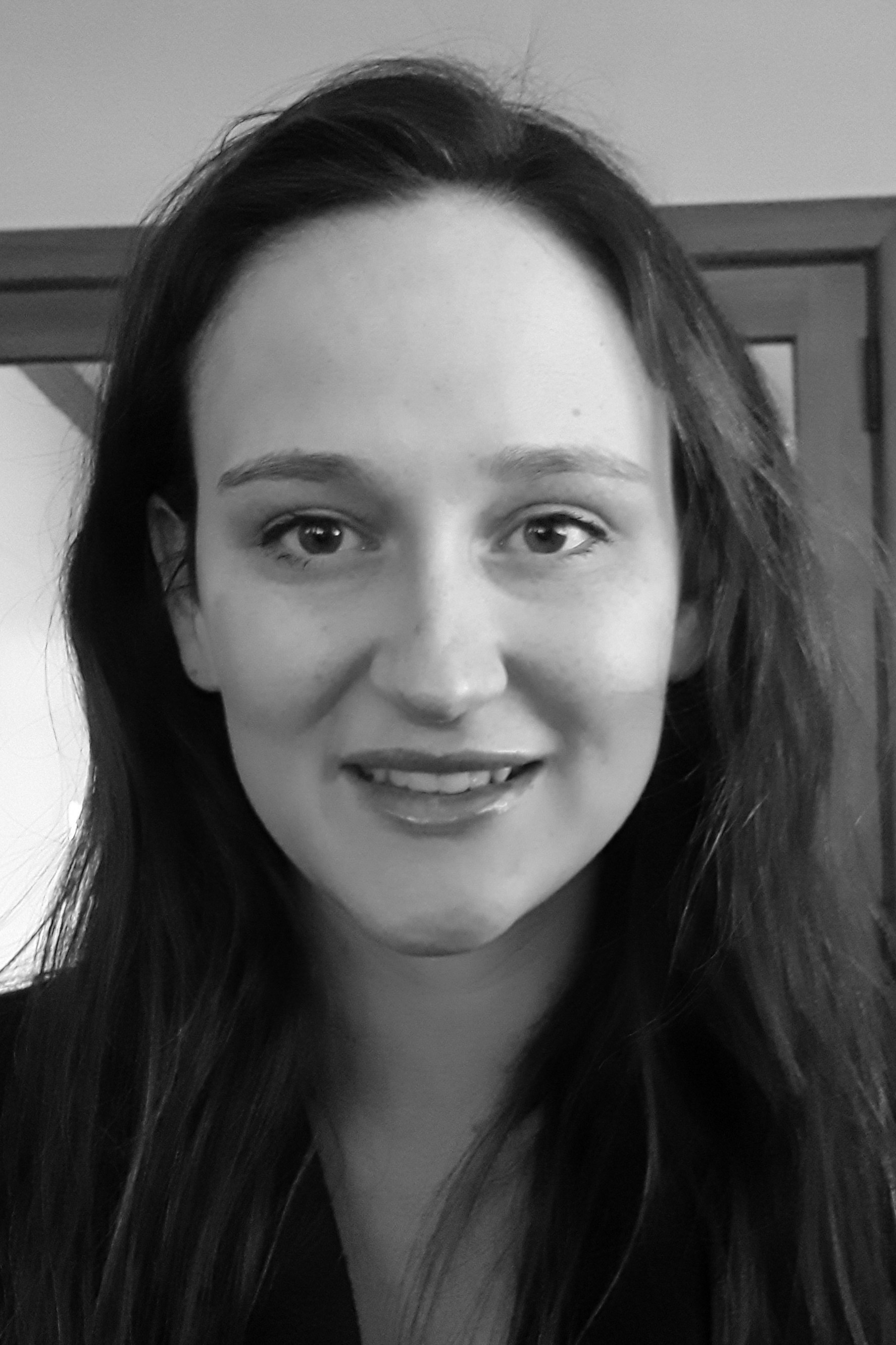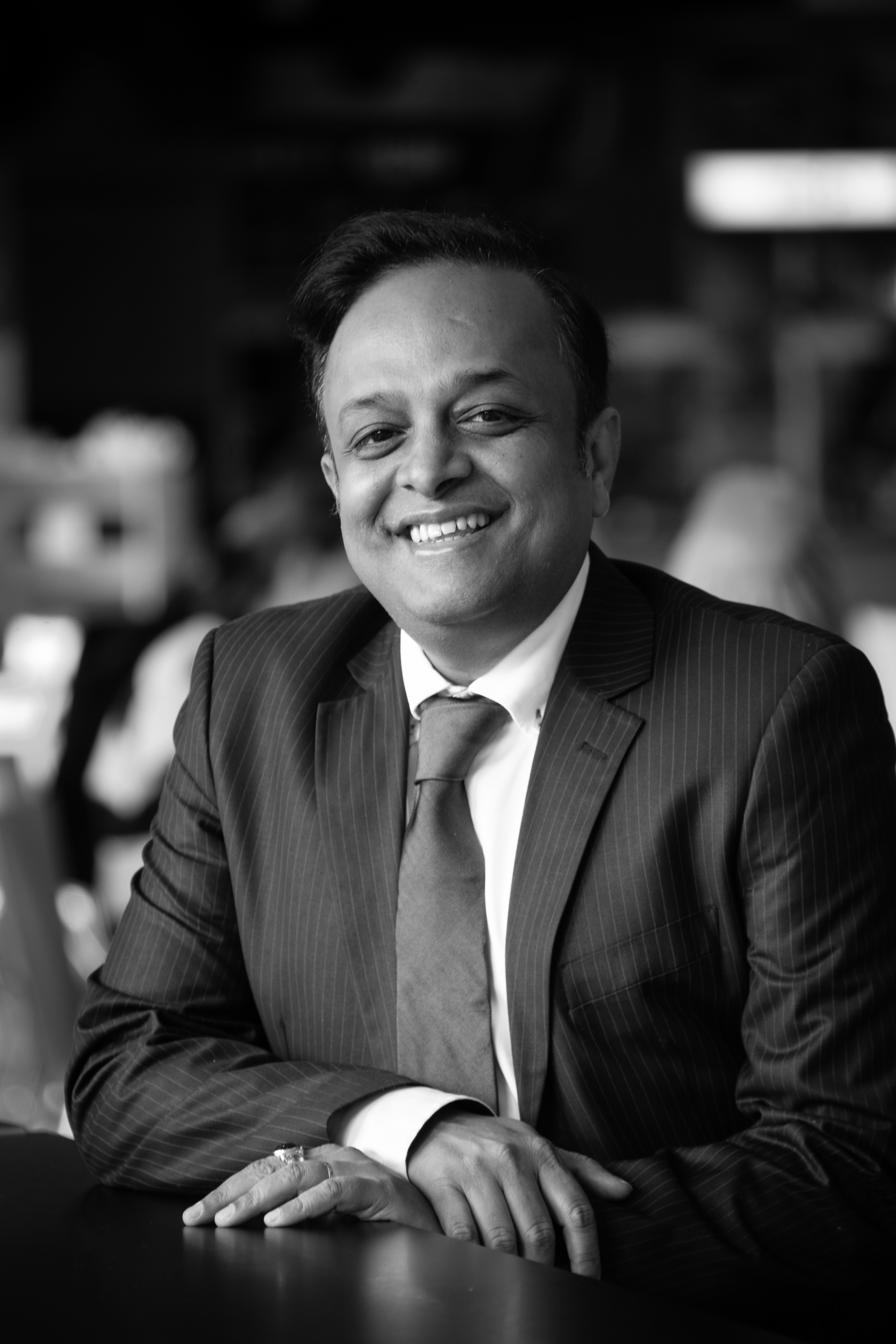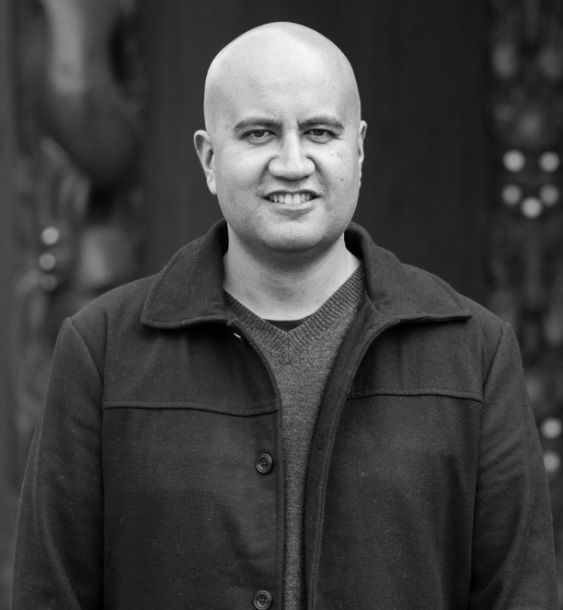In the inaugural video of the series titled ‘The Hate Effects of Jai Shree Ram,’ Professor Dutta, Director of CARE, addresses the pervasive violence associated with the slogan “Jai Shree Ram.” He argues that the chanting of this slogan must be understood within its contextual framework, particularly when utilised by Hindutva mobs in large gatherings. Professor Dutta highlights that in such settings, the chanting serves as a precursor to violence, often utilised as a means to perpetrate acts of aggression.
You can watch other videos from The Hate Effects of Jai Shree Ram series here:
Video 5
Video 4
Video 3
Video 2
Video 1




